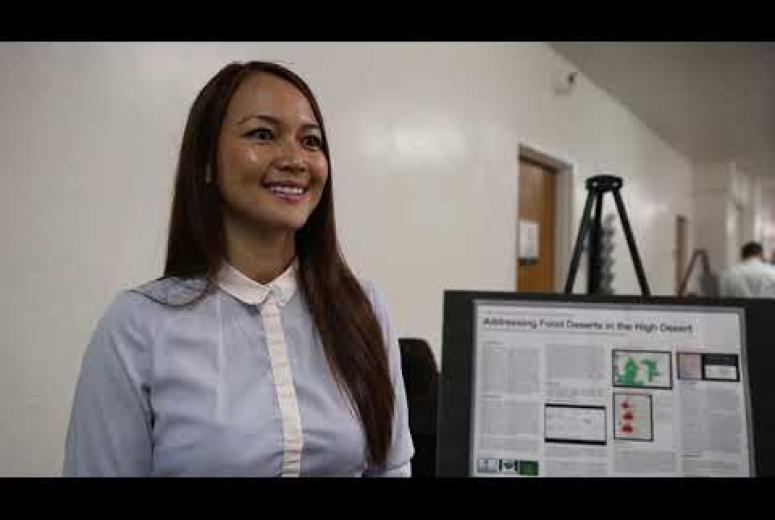
MPH
The Master of Public Health (MPH) degree program is designed to provide broad preparation in the fundamentals of public health, while offering opportunity for specialization in specific areas of interest.
The GRE is not required for applicants who meet the admissions criteria. If an applicant does not meet the minimum GPA requirements, the GRE is required in order for the application to be considered. For prospective students who wish to strengthen their application, GRE scores can be submitted as an option, but it is not required. GRE scores must have been attained within the last five years.
MPH degrees offered


Global Health

Health Education & Wellness Coaching

Nutrition with a coordinated program in dietetics

Population Medicine
The LLUSPH MPH Curriculum
MPH Admissions Requirements
The admissions requirements described below are in addition to the University admissions requirements. The minimum eligibility requirements for admission to a master’s degree program include the following:
- a baccalaureate degree or equivalent from a regionally accredited institution, with a G.P.A. of 3.0 or above
- satisfactory performance in the Graduate Record Examination (G.R.E.) or equivalent; scores must have been attained within the last five years.
- Students applying for the M.H.A. program (only) need to submit G.M.A.T. (or G.R.E. or equivalent) scores and demonstrate satisfactory performance.
- Department interview for students applying for the M.H.A. program.
- Religious affiliation is not a requirement; but students are expected to adhere to on-campus requirements of modest dress, abstinence from alcohol and smoking, and attendance at weekly chapel.
Applicants must satisfy the program-specific admission requirements, including but not limited to pre-requisite courses, license requirements and years of experience. Admissions decisions are based on a review of applicant’s transcripts, written statement, letters of recommendation, G.R.E., G.M.A.T. or equivalent scores, and interview. Satisfying minimum requirements does not guarantee admission.
Public Health Core (PCOR)
As a future public health professional, you’ll work with many disciplines. As an MPH student, you’ll begin your education in our Public Health Core. Here you’ll learn alongside future nutritionists, epidemiologists, biostatisticians, policy practitioners and more. You’ll start your learning the same way you’ll work in your career - applying your skills and working with others.
All LLUSPH students are expected to develop an understanding of the areas of knowledge basic to public health. Students accomplish this by completing three integrated, interdisciplinary public health core courses.
- PCOR 501 – Public Health for Community Resilience: Focuses on the health of communities and leads students to community engagement.
- PCOR 502 – Public Health for a Healthy Lifestyle: Focuses on the health of individuals while identifying factors influencing behavioral and physical health.
- PCOR 503 – Public Health and Health Systems: Focuses on health systems and includes policy and advocacy for health issues, as well as structure and function of health systems.
Practicum
A practicum is a supervised work experience for students enrolled in an MPH program. You will engage in a 400-hour project at a professional public health setting such as a hospital, local public health department or community organization.
The practicum experience at the School of Public Health is an opportunity for students to apply the knowledge they learn in the classroom, enhance their understanding of public health, and contribute to the health of the community in which they are engaged. Learn more about the practicum.

